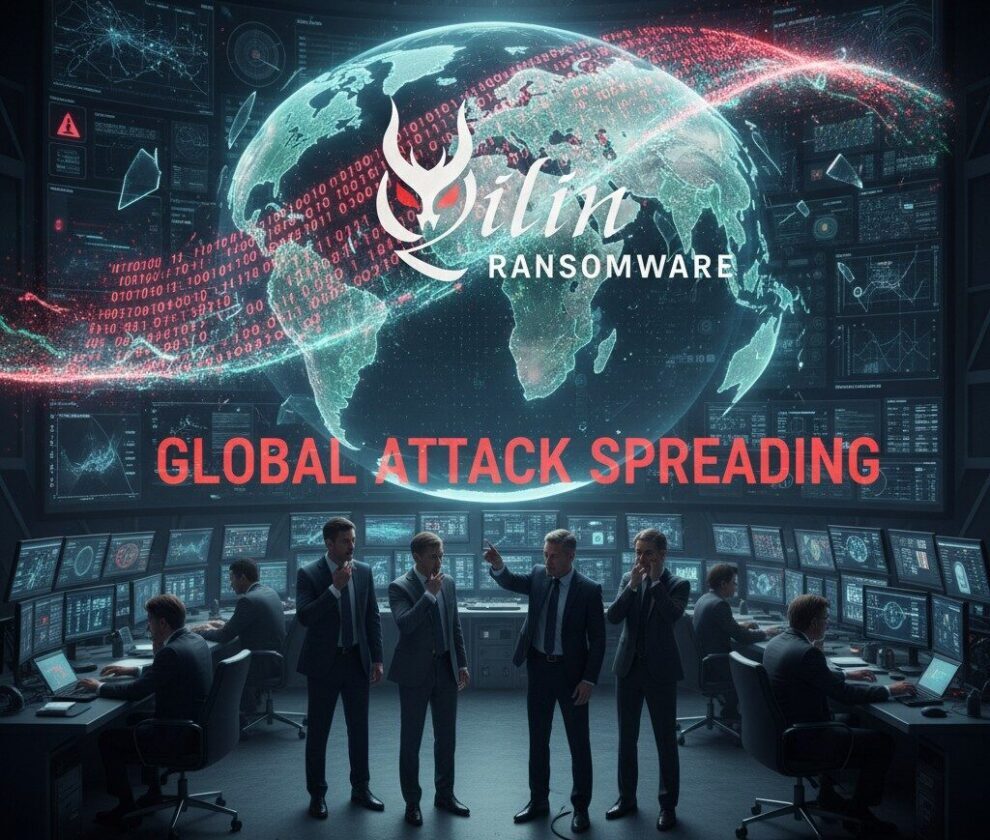October 2025 marks a pivotal moment in Hanoi as global delegations gather to sign the groundbreaking United Nations Treaty on Cybercrime. This historical agreement seeks to establish a global framework to combat escalating cyber threats and streamline international cooperation. While the treaty aims to tackle cybercrime head-on, it has sparked widespread debate among governments, civil society groups, and technology giants.
An Unprecedented Framework
Originally proposed by Russia in 2019, the UN Treaty on Cybercrime has been five years in the making, the result of intense negotiations. Its primary goal is to eliminate safe havens for cybercriminals by fostering collaboration between international security agencies. The treaty sets protocols for rapid data-sharing, extradition agreements, and the confiscation of illicit funds. With a vision to secure both digital and physical realms, the treaty’s ambitions align with the alarming rise in cyberattacks worldwide.
Concerns from Digital Rights Advocates
Despite its promise, the treaty has faced criticism from digital rights organizations and tech leaders. Groups like Human Rights Watch and Access Now have raised red flags about provisions that could expand state surveillance powers, potentially infringing on privacy rights. These organizations emphasize the risks of abuse, calling for robust safeguards to prevent misuse of authority under the guise of cybersecurity.
Limited Global Adoption
The treaty’s aim for international unity has encountered hurdles, with only around 30 countries expected to sign it initially. Many nations, including the United States, remain cautious. The U.S. Department of State is still assessing its implications, reflecting broader apprehensions over potential authoritarian misuse, especially by regimes with weak human rights records.
The Privacy Paradox: Personal Data at Stake
A major sticking point in negotiations revolves around the handling of personal data—its access, storage, and cross-border sharing. Critics argue that the treaty lacks explicit protections, heightening concerns about privacy and individual freedoms. For regions like Europe, regulated by stringent data laws such as the GDPR, implementing such a treaty presents unique challenges and potential conflicts with existing standards.
The Call for Ethical Implementation
Advocacy groups such as Access Now are urging governments to ensure the treaty is implemented in a manner that respects fundamental human rights. They warn against the misuse of the agreement to justify repressive measures, stressing the need to uphold digital freedoms and accountability. Transparency, experts suggest, is critical to maintaining equitable governance in increasingly connected societies.
Expert Perspectives on Broader Implications
Cybersecurity experts have pointed out that the treaty’s scope could inadvertently extend beyond its intended purpose. Ambiguous provisions could pave the way for overreach, affecting not just cybercriminals but also ethical hackers and investigative journalists. As a result, there are fears that the treaty might stifle transparency and limit key players in the fight for internet openness.
Balancing Security and Freedom
For ratifying governments, the challenge lies in harmonizing the treaty’s implementation with democratic values. Countries like the U.S. and the UK are considering additional legislation to reinforce data privacy and freedom of expression. However, the road ahead remains complex, particularly as authoritarian states might exploit the treaty for oppressive practices.
Conclusion: A Crossroad of Opportunity and Vigilance
The signing of the UN Treaty on Cybercrime in Hanoi underscores the urgent need for international cooperation against cyber threats. However, such collaboration must not come at the expense of human rights. At Lynx Intel, we advocate for balanced strategies that prioritize both digital security and individual freedoms. Crafting a robust cybersecurity framework is a collective responsibility, and transparency remains the strongest tool to safeguard users and their rights in the digital age.


